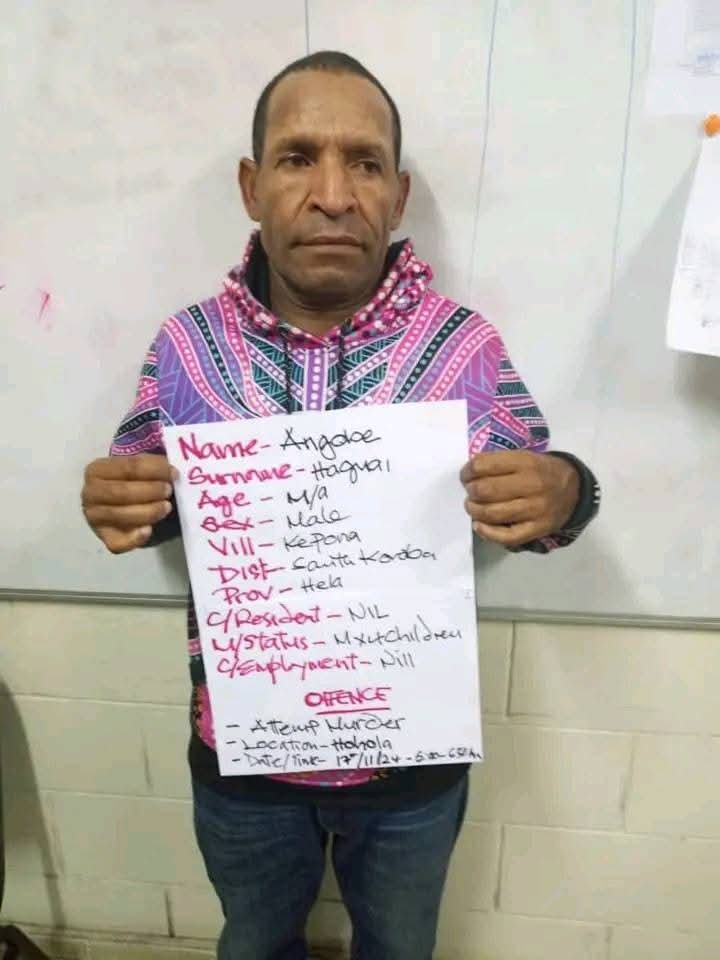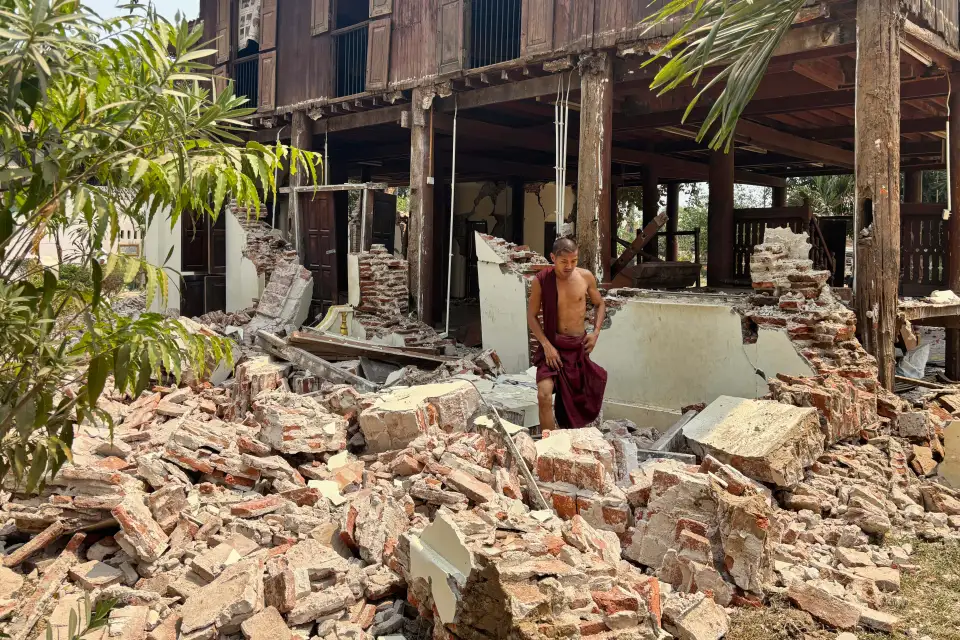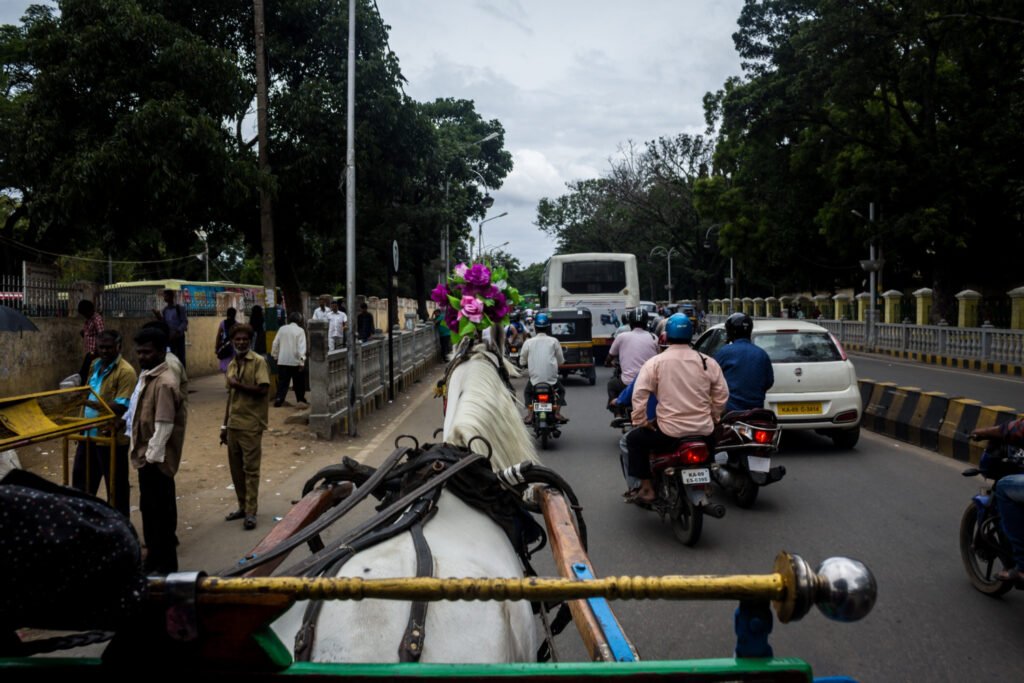In a digital age where a single careless click can compromise entire systems, Papua New Guinea is taking serious steps to guard its growing online presence. With the country’s rapid digital transformation—from e-governance to mobile banking—comes a new wave of cyber risks. Now, local agencies are stepping up to meet the challenge.
PNGCERT (PNG Computer Emergency Response Team) and Telikom PNG have launched a series of cyber awareness campaigns, reaching schools, public offices, and SMEs to address the rising threat of phishing, data breaches, and digital fraud.
The Awareness Campaigns: Teaching Smart Clicks
In 2025, PNGCERT intensified its outreach, conducting in-person seminars and radio public service announcements on:
- Recognizing phishing emails and suspicious links
- Protecting personal data online
- The importance of strong passwords and multi-factor authentication
- Reporting breaches or suspected hacking attempts
“Cybersecurity isn’t just a government concern—it’s everyone’s responsibility,” says David Urame, Director at PNGCERT. “Even a single hacked email can cascade into system-wide vulnerabilities.”
Telikom, PNG’s state-owned telecom provider, has been running parallel sessions with its users and enterprise clients, especially in the banking and education sectors, focusing on network security and safe device usage.
Data Leaks on the Rise
Recent reports have highlighted a surge in small-scale breaches. Fake banking links circulated via WhatsApp, SIM-swap frauds, and even spoofed emails targeting public agencies are some of the warning signs PNG’s digital ecosystem is facing.
“We’ve seen an uptick in online scams. Some target rural users through fake job offers, while others are more sophisticated—mimicking government portals,” notes Veronica Kila, cybersecurity consultant in Port Moresby.
Strengthening Policy & Infrastructure
A major concern lies in PNG’s lack of robust digital policy enforcement. Many government departments and small businesses still run outdated software or store data without encryption—making them vulnerable targets.
In response, PNGCERT is working closely with the Department of ICT to propose updated cybersecurity regulations, including:
- Mandating cyber hygiene training in public institutions
- Requiring banks and telcos to perform regular penetration testing
- Establishing a National Digital Incident Reporting System
These steps aim to move PNG from reactive to proactive digital defense.
Public Response: Cautious but Willing
In communities where digital literacy remains low, people have responded positively to the outreach efforts.
“Before this training, I didn’t even know clicking a wrong link could cost my savings,” says Nancy Evara, a market vendor from Madang who now uses mobile banking. “Now, I always double-check messages.”
Telikom’s mobile safety leaflets and PNGCERT’s infographics translated into Tok Pisin and Motu are also helping bridge the awareness gap.
Conclusion: A Nation Learning to Lock Its Digital Doors
As PNG continues to digitize services—from healthcare to commerce—the need for robust cybersecurity has never been greater. PNGCERT and Telikom’s initiatives are a timely reminder: digital progress is only as strong as the safety nets behind it.
With sustained investment in public education, policy reform, and cross-sector partnerships, PNG has the potential not just to protect itself—but to become a regional model for responsible digital citizenship.

















